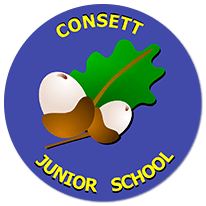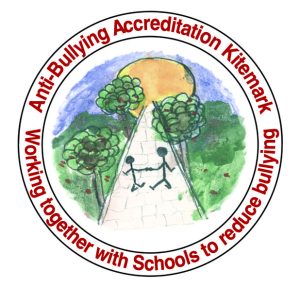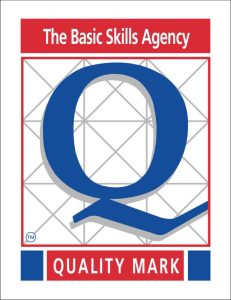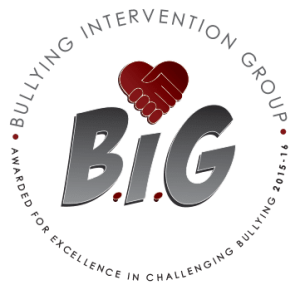Inclusive education means supporting all pupils to learn, contribute and participate in all aspects of school life alongside their peers. Our curriculum includes, not only the formal requirements of the Early Years Foundation Stage Curriculum / National Curriculum, but also a range of additional opportunities to enrich the experiences of all pupils.
The Curriculum also included the social aspects that are essential for lifelong learning, personal growth and development of independence.
There are different levels of support offered and each type of support is dependent on the individual learning needs, and is intended to enable access to learning and overcome the barrier to learning identified. These levels can be explained as a graduated approach.
Quality First Teaching and Initial Interventions
This is about what should be on offer for all children: the effective inclusion of all pupils in high-quality everyday personalised teaching. This could include:
- Differentiated and personalised work to meet pupils’ needs
- High expectations which inspire, motivate and challenge pupils
- Adapting teaching to respond to the strengths and needs of all pupils
- Behaviour managed effectively to ensure a good and safe learning environment which promotes progress
- Deploying support staff effectively.
Where children need additional support, they may be given some intervention to help them ‘Catch Up’ with their peers or prevent a gap from appearing. These interventions are often targeted at a group of pupils with similar needs. Intervention programmes such as First Class in Arithmetic, Success in Arithmetic, Lexia or additional Times Tables Rockstar’s time would be would be regarded as Quality First Teaching interventions. Additionally, if a child requires any support for social engagement or emotional guidance, we have specific interventions tailored to these needs.
SEND Support/Interventions
If pupils continue to make inadequate progress, despite high-quality teaching targeted at their areas of weakness, the class teacher, with support from the SENCO, should assess whether a pupil has a significant learning difficulty, which may require highly- tailored interventions. This may include specialist or one to one provision.
Children will be issued with an individual SEND Support Plan which will be discussed and agreed with parents and reviewed regularly.
Children that are receiving additional support and who are involved in intervention programmes have a Support Plan.
Support for SEND
Any children whom we feel may require extra support to achieve their potential or remove any barriers to learning are quickly identified and appropriate support is implemented. Any extra support that is required is discussed with the child and their parents. If it is felt appropriate, the class teacher may involve the SENCO who in turn may seek advice from outside agencies at a later stage.
Support for children with physical needs:
- Quality First Teaching.
- Gross Motor Skills interventions.
- Fine Motor Skills interventions.
- Specialist group support from outside agencies e.g. Occupational Therapy
Support for children with speech, language and communication needs:
- Quality First Teaching.
- Speech and Language interventions.
- Specialist group support from outside agencies e.g. Speech and Language Therapy
Support for children with social, emotional and mental health difficulties:
- Quality First Teaching.
- Pastoral Care.
- Specialist group support from outside agencies e.g. CAMHs Mentoring and Counselling/ One Point Service.
Support for children with cognition and learning needs:
- Quality First Teaching.
- Differentiation in lessons and activities
- Maths and English specific interventions.
- Specialist group support from outside agencies e.g. Educational Psychology Service.
- Specific individual support for children whose learning needs are severe, complex and lifelong and what this means for your child e.g. Dyslexia, Dyspraxia.
- Staff may use a range of teaching and learning styles.
- A personalized and supportive curriculum.
- A broad range of extra-curricular activities, including Basic Skills After-School clubs
Parents are invited into school to review and discuss support and progress with staff every term. The children also meet with their teacher and discuss their support plan and are asked what they feel helps them to make progress.








